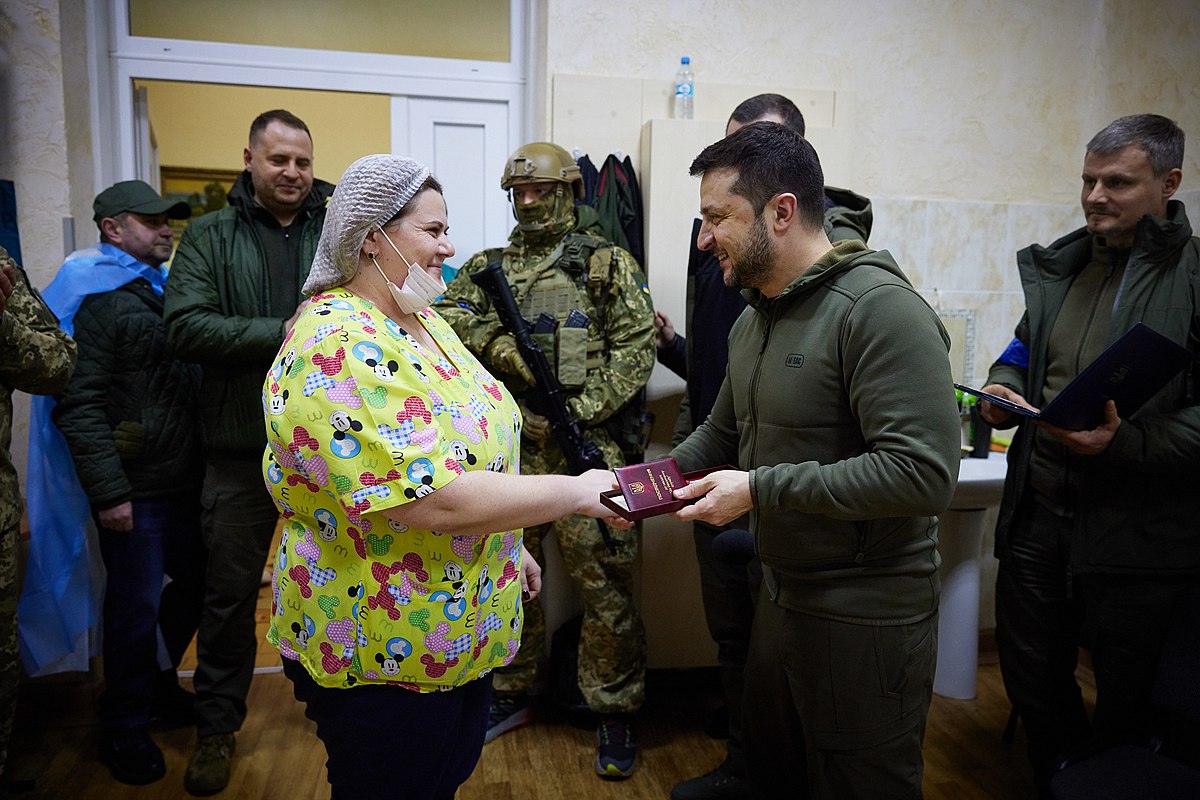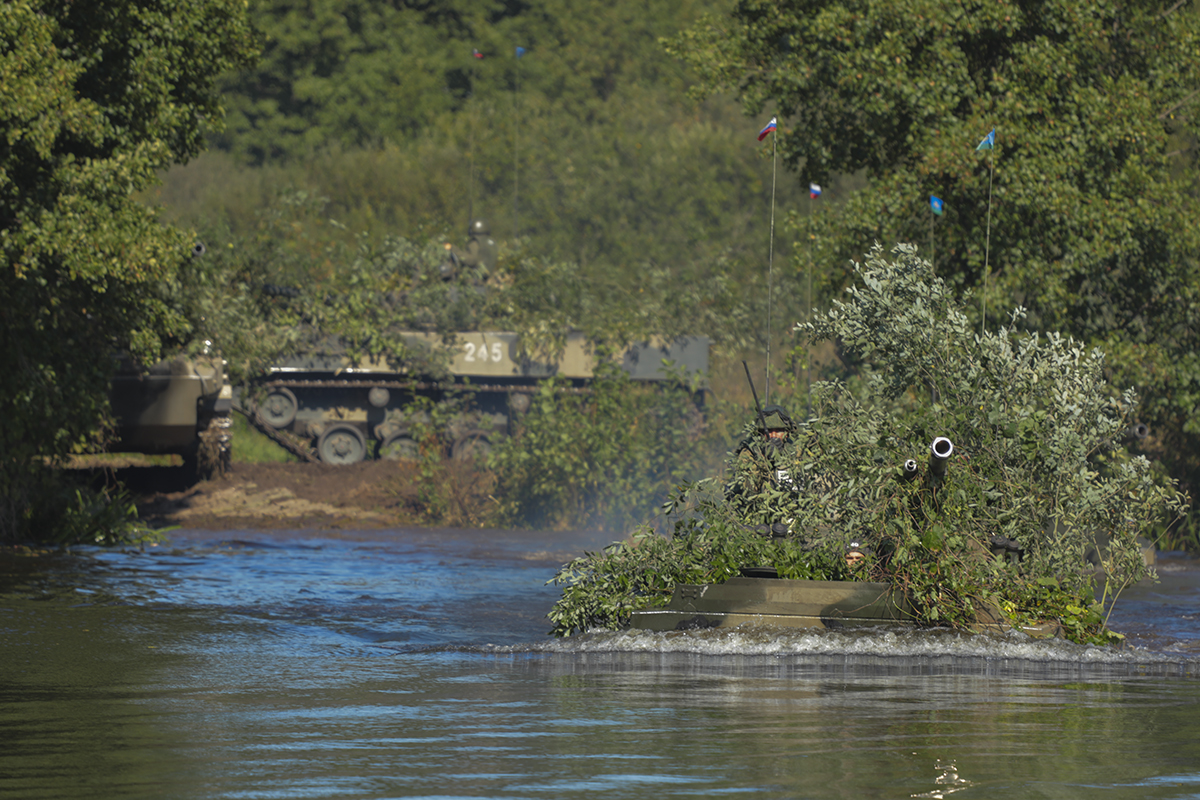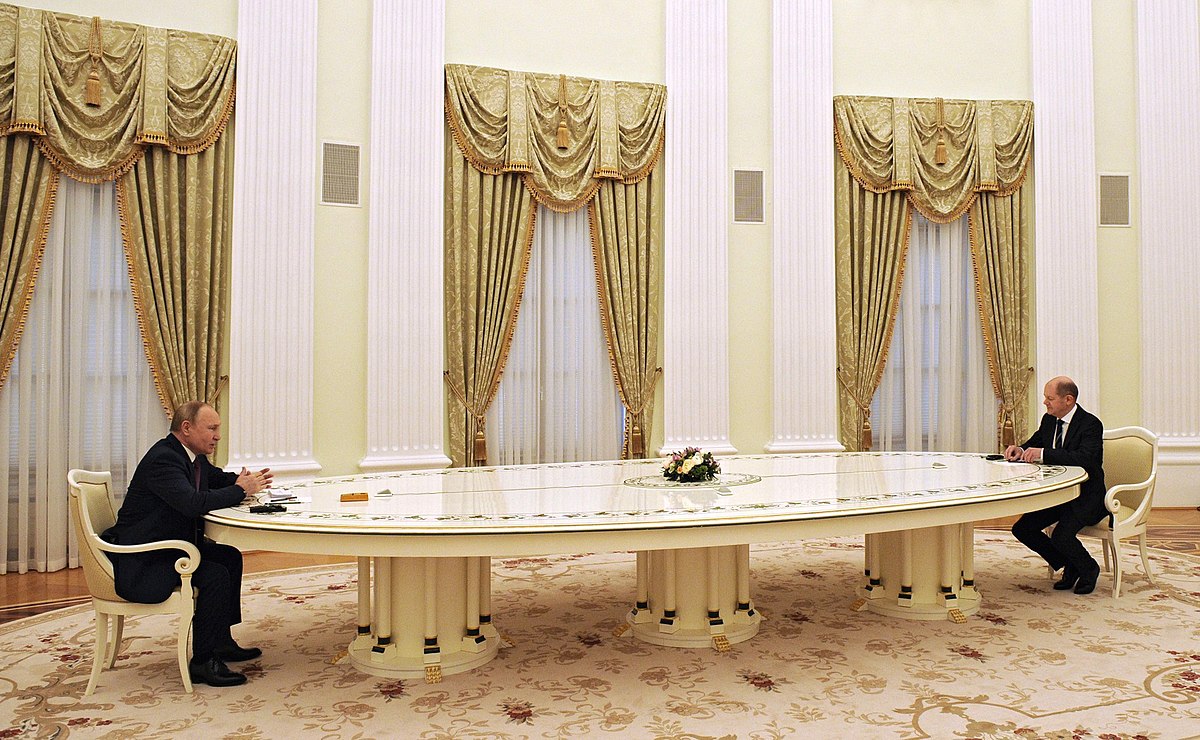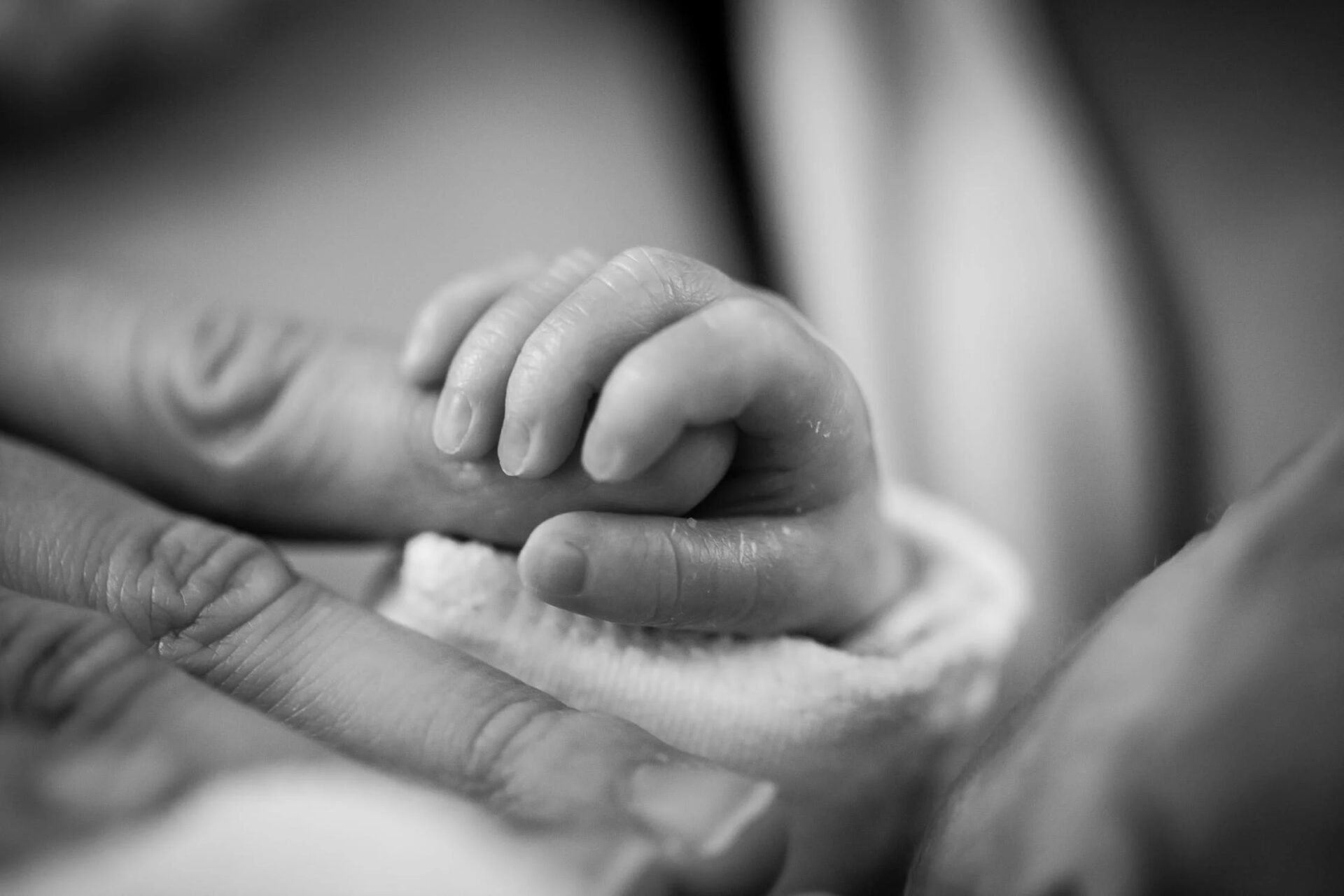Putin’s propaganda failure. How Kiev defeated Moscow (Part 1)

Regardless of the military outcome of the war, in a sense, Ukraine has already won. In 2014, the south-east of the country welcomed the Russians with flowers. Today, it bids them farewell with the legendary phrase of the defenders of the Snake Island. Separatism will not pass. In terms of propaganda, Putin has lost Ukraine
Maciej Pieczyński
As I write these words, Kherson is the only capital of the oblast occupied by the Russians. A large Russian-speaking city with no clear Ukrainian national traditions. Located near Crimea, in the part of the country called Yugovostok (south-east). These areas were occupied by the empire of the tsars of the 18th century and named Novorossiya. Since then, it has been intensively and successfully russified. The term returned to the dictionary of Moscow propaganda in 2014. At that time, Putin said that Yugovostok is Novorossiya, and thus it should “return” to Russian rule. The Kremlin conquered “only” Crimea and part of the Donbass – there it managed to create a convincing appearance of broad public support for the occupiers.
The anti-Ukrainian message has largely found fertile ground. Putin had something to build the foundations of separatism on. Warlords, originating from Donbas but subordinate to Moscow, were appointed at the head of the so-called people’s republics of Donetsk and Luhansk. Many residents have been convinced that Kiev is ruled by a fascist junta whose aim is to physically eliminate the Russian-speaking population of Yugovostok1. The “Russian Spring”, as the Kremlin propaganda called this separatist rebellion through an analogy to the Arab Spring, spread to many cities in the southeast – from Kharkiv to Odessa – and at first it was not clear how far Novorossia would reach.
Curses instead of flowers
In announcing a “special operation”, Putin probably counted not only on a quick military victory, but also on the support of the Russian-speaking population of the Southeast, who allegedly only waited for liberation from the “Nazi occupation”. And if not outright support, then at least a passive, neutral position. Meanwhile, the Russians were not greeted with flowers, but with the legendary phrase of the sailors from Snake Island. The resistance of the Ukrainians continues, even in the areas already occupied by the Russians. “Shame!”, “Go home!”, “Putin – d***head!”, “Fascists!”, “Glory to Ukraine!” – with such slogans, several thousand inhabitants of Kherson went out to the central square of the city. Russian soldiers fired warning shots, but the demonstrators were not intimidated. There is no question of mass pacification yet.
Recordings of the demonstrations quickly circulated the Internet. The sea of Ukrainian flags in the city occupied by the Russians showed that they could not count on a warm welcome. There was also an embarrassing moment for the Russians when one of the inhabitants jumped on a Russian armored carrier and started waving a Ukrainian flag. Civilians are even laughing in the face of the invaders. At least for now.
Two days earlier, news circulated that the occupiers were preparing a demonstration under the slogan “We support the KPR”, that is the Kherson People’s Republic. According to Kiev, Moscow planned to repeat the Donbas scenario. For this purpose, a group of instigators from Crimea was supposed to be brought to the city. Their task was to play the role of local people who are grateful to the “liberators”. Attempts were made to organize this type of campaign in other conquered towns as well.
Desperate stagings
When the realities of war cannot be presented in any way that is favorable for the invaders, they themselves create an alternative reality. A reality in which they are “liberators” doing good deeds for the grateful people of Yugovostok.
In Kherson, they launched 24 channels of Russian television and three Russian radio stations. In occupied Berdyansk, the occupiers announced the distribution of Russian passports and the cancellation of utility charges. At the same time, in Melitopol, the invaders announced the start of the seeding season in the fields, promising “farmers living in liberated territories” support and access to Russian markets.
The (Ukrainian) head of the military administration of the Zaporizhia oblast, Oleksandr Staruk, reported that in Berdyansk, the occupiers were forcing local journalists to broadcast Russian propaganda on a radio broadcast at gunpoint. According to Staruk, in Melitopol, the Russians organized a directed action of distributing humanitarian aid. “Nobody came, there were only two buses with babushkas on duty who left, picked up (help), told how good it is in Russia, and recorded it and broadcast it on television”, said Staruk in a statement published on YouTube. The Russians tried to organize a similar staging in Kherson. The Internet recording shows that only a few people volunteered for high-profile humanitarian aid. A group of residents also came to the place to inform the occupiers that he did not need anything from them, adding the sacramental: “Russian warship – “f*** off!”.
In one of his speeches, Volodymyr Zelensky mentioned Russian soldiers who, in the occupied territories, first rob shops and then distribute the stolen goods to local residents as humanitarian aid. It is not known for certain whether this is exactly the sequence of actions and to what extent it is common practice. But these two facts have been very well documented separately. On the Internet you can find recordings of city surveillance or shop cameras showing how Russian soldiers steal not only goods from shelves, but also ATMs. Of course, all these testimonies are just a fragment of reality, seen mainly from the Ukrainian perspective.
However, the Russian perspective is barely visible. The Russians do not massively document their successes, also because they do not have much to brag about. The fact is that the Russians do not publish materials that would prove that the local population is showing them mass gratitude and support. There are a lot of video materials showing how the local population is protesting against the Russians. The propaganda initiative is definitely on the side of Kiev.
Attempts at staging the alleged support of the population of the conquered territories for the Russians are very timid and ineffective. Pictures from the front are not very suitable material for propaganda. There are neither convincing military victories nor well-documented examples of Ukrainian support for the Russians. Symptomatically, Moscow did not provide information about its own losses for a long period, only briefly informing providing news of this, but highlighting that they are much smaller than on the enemy’s side. That, too, could prove that there was nothing to brag about. Meanwhile, the Ukrainians provided similar data regularly, boasting about every success on the front. Of course, for propaganda reasons, the losses of the Russian army reported by Kiev are certainly greatly overestimated, but they are still notable. Moscow not only informs about them sparingly, but also tries to shut the mouth of those who talk about any losses at all.
1 This term is used by Russian media to describe the region of southern Ukraine
(…)
This article was published in March 2022 in Do Rzeczy magazine.



